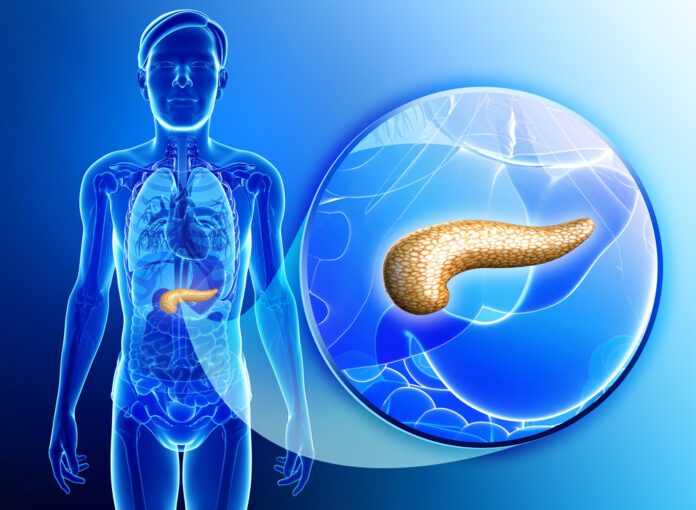Overview Of Zollinger-Ellison Syndrome (ZES)
Zollinger-Ellison Syndrome (ZES) is a rare gastrointestinal condition that causes the production of too much of the hormone gastrin. High levels of gastrin in the body lead to an excess of gastric acid.
The source of this extra gastrin in the blood is specifically one or more small tumors. In general, they are located in the pancreas or upper part of the small intestine. The tumors are also known as gastrinomas.
Commonly Associated With
Z-E syndrome; Gastrinoma
Causes Of Zollinger-Ellison Syndrome (ZES)
The cause of Zollinger-Ellison syndrome is undeniably tumors. They are most often located either in the head of the pancreas or the upper small intestine. High levels of gastrin lead to an excess of stomach acid.
Gastrinomas can either occur as single tumors, or as several tumors where one-half to two-thirds of them are cancerous. These gastrinomas often spread to the liver and nearby lymph nodes.
Another key point is that many people with gastrinomas have various tumors. These patients have a condition known as multiple endocrine neoplasia type I (MEN I). The tumors generally develop in the pituitary gland (which is located in the brain), parathyroid gland (neck), and the pancreas.
Symptoms Of Zollinger-Ellison Syndrome (ZES)
Symptoms may include:
- Abdominal pain
- Diarrhea
- Vomiting blood (sometimes)
- Severe esophageal reflux (GERD) symptoms
- Signs include ulcers in the stomach and small intestine
Exams & Tests
Tests can include:
- Abdominal CT scan
- Calcium infusion test
- Endoscopic ultrasound
- Exploratory surgery
- Gastrin blood level
- Octreotide scan
- Secretin stimulation test
Treatment Of Zollinger-Ellison Syndrome (ZES)
Medical professionals may use drugs called proton pump inhibitors (such as omeprazole, lansoprazole, plus others) to treat this problem. To clarify, these drugs work by reducing the acid production performed by the stomach. This helps the ulcers in both the stomach and small intestine heal. In addition, proton pump inhibitor can relieve abdominal pain and diarrhea.
Surgery can be done to remove a single gastrinoma, but only if the tumors have not spread to other organs. Controlling stomach acid production with a gastrectomy (surgery on the stomach) is rarely needed.



